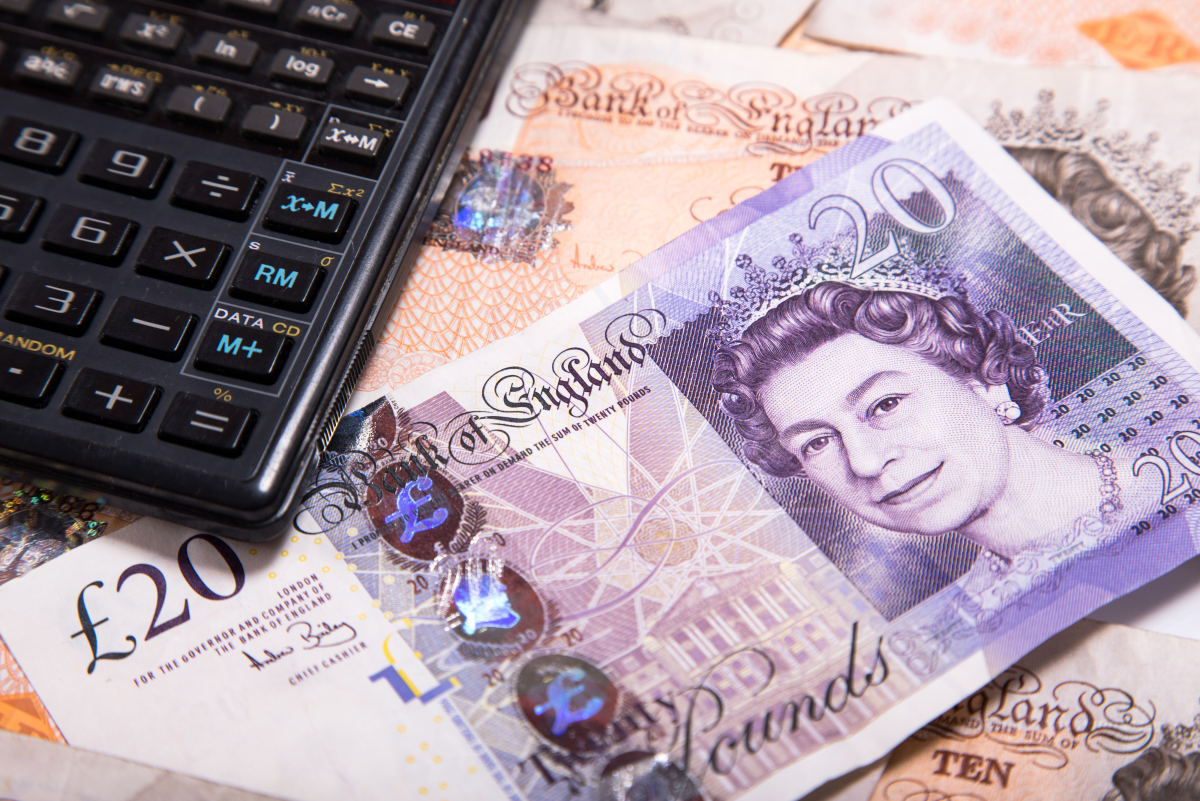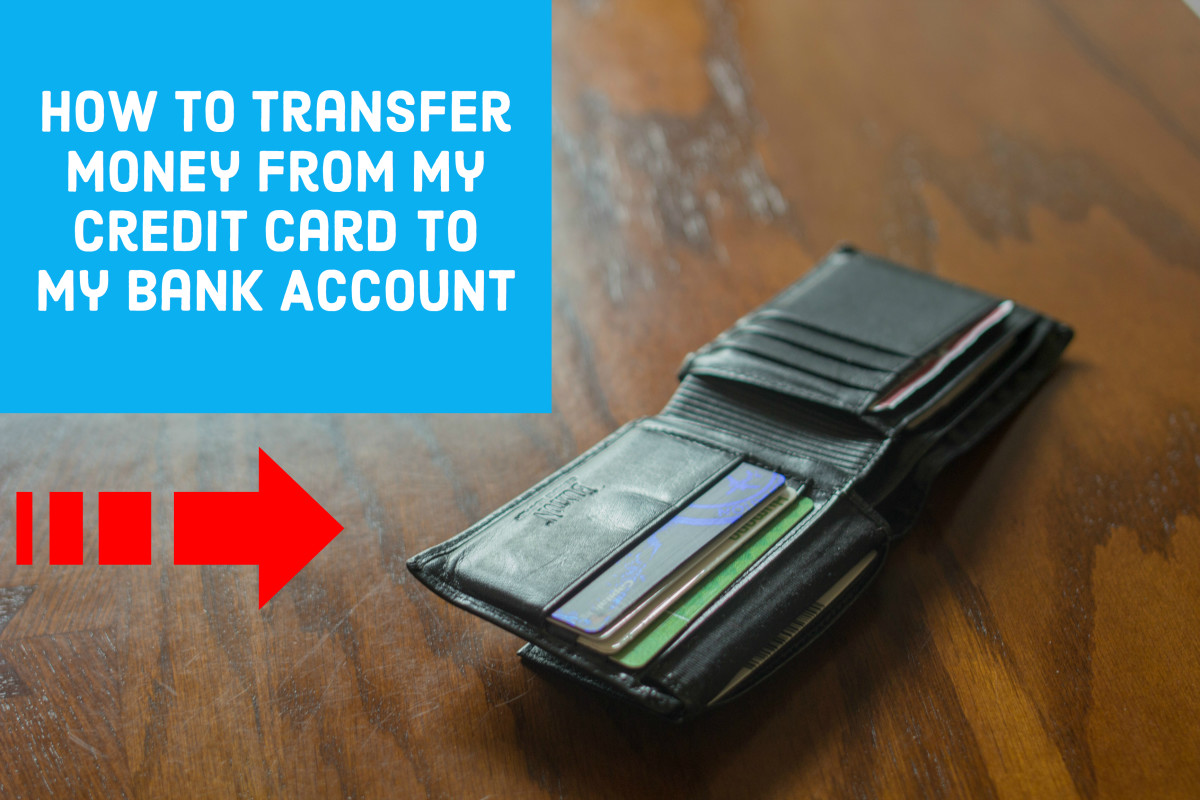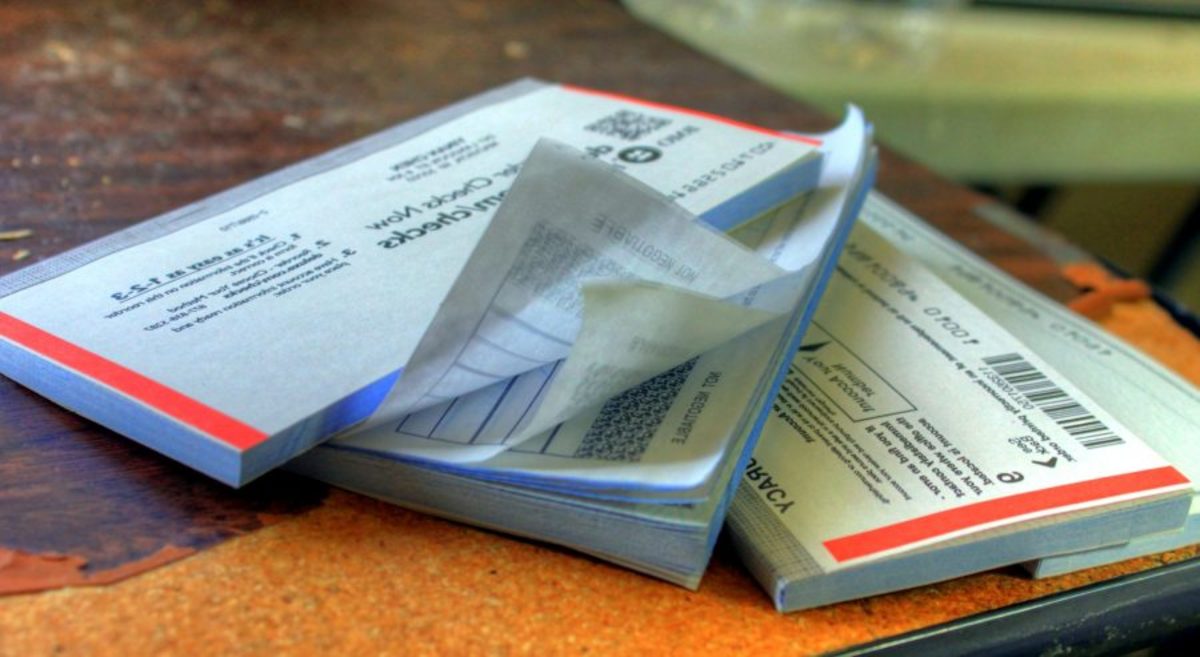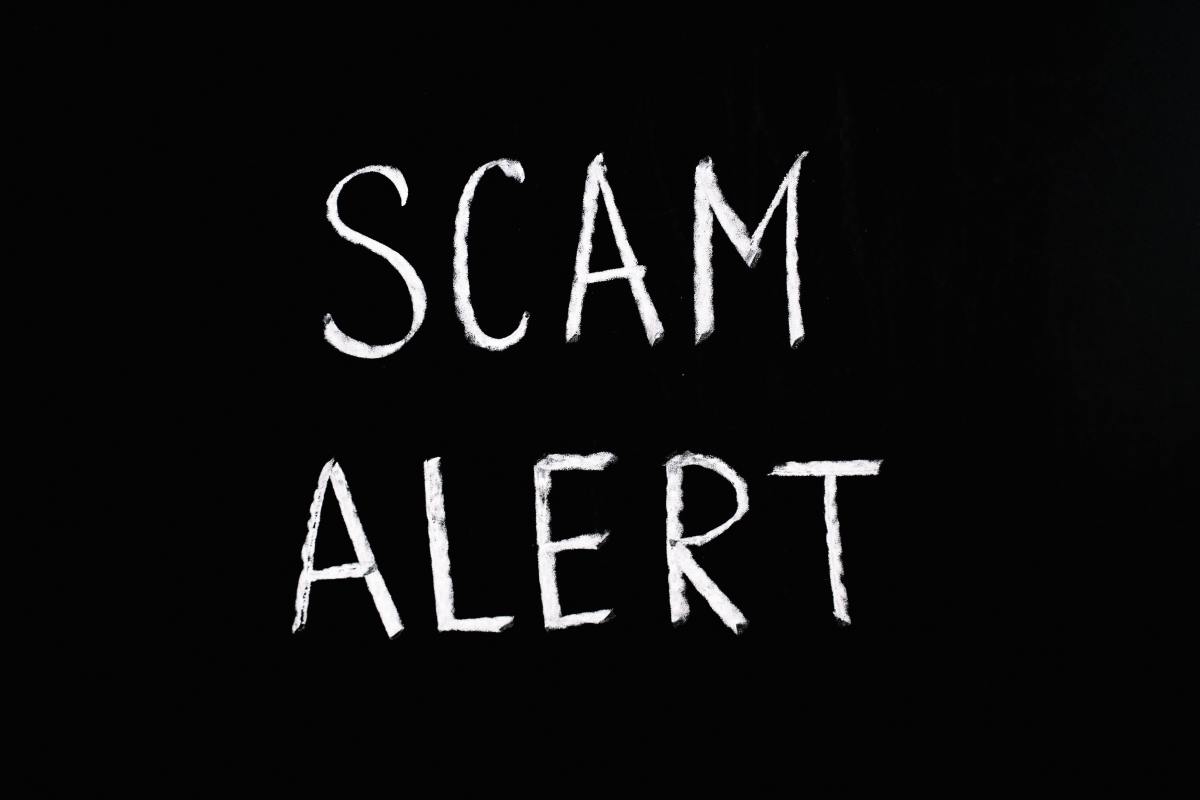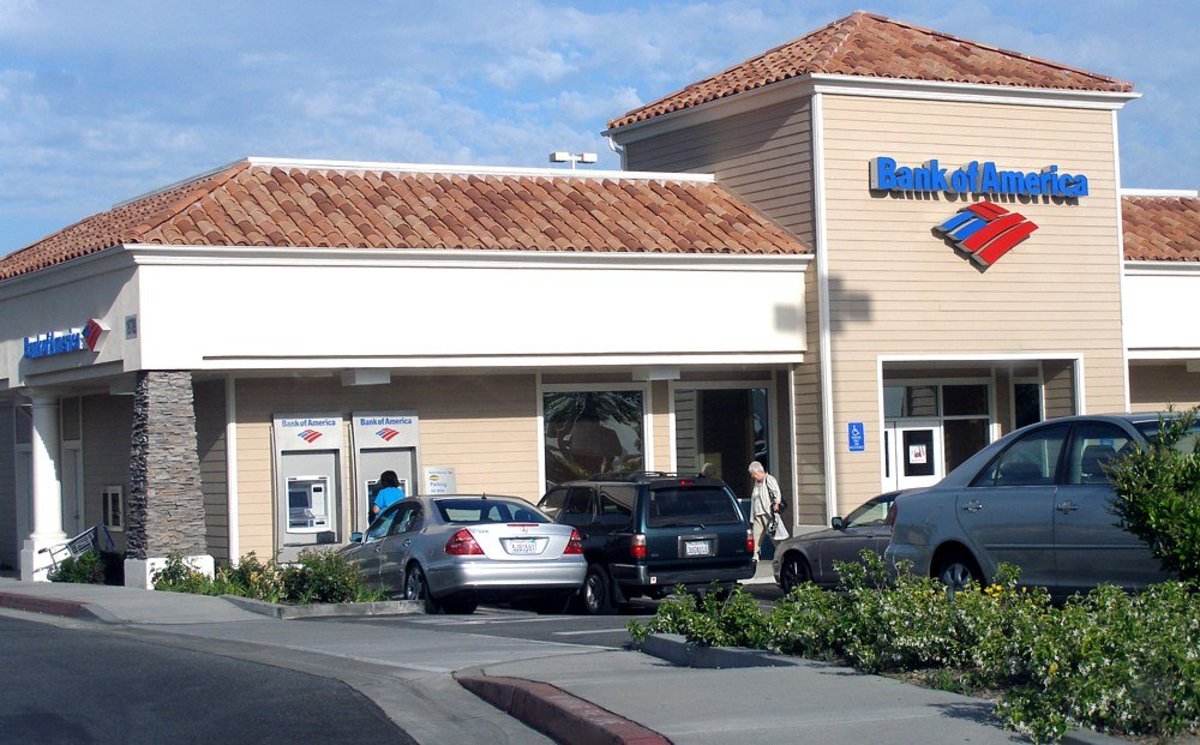Save Money in Banking
Money Saved for Sweet Extras

How to Save Money in Banking
Checking and Savings
When looking for a good checking account, you must look at several banks. The first place to start is by asking your family and friends about their bank and what fees are charged. If most of your family is with a specific bank and they are all satisfied, then most likely it will be a good bank for you as well.
When first approaching a bank, ask if they have any free or fee-free checking accounts. Ask also about special promotions that will save you money. You don't need to pay high fees just to keep your money safe.
If you are a college student then you might be able to obtain a student account which may allow free checks with no monthly fees. Usually this type of checking account will have an expiration date so you would have to have a back up plan for after you graduate from university.
There are special checking accounts that link to a savings account and are free if you promise to have a specified amount withdrawn from your checking and put into your savings every month. Many of these only require a little bit of money, such as $25 per month put in savings. This will help you too, because at the end of the year you would have a savings of $300.
Money Market Accounts
Money Market Accounts are a specialized account type that will allow you to put even more in savings and will also give you fee-free checking as long as you continue your savings plan. Wells Fargo has a good plan for their Money Market Account that you might want to take a good look at. They will literally pay you interest on the balance in your account. The more money you have in the bank, the more interest money you will make on that money.
Usually the minimum is around $75 that you would have to have automatically transferred to your attached savings account. This would give you $900 at the end of the year, which might be a nice bonus to spend on your children, holiday presents or a fun vacation.
What you need to watch out for with these accounts is that many times they will have specific rules in order to continue to receive the free services. For example, you might have to keep a minimum balance in your checking account such as $1000. Since all banks are different, you will have research to discover for yourself which bank would suit you best. If you are living paycheck to paycheck then it is not a good idea to have the good intention to keep a minimum balance, knowing that you will fall short once in a while. You have to plan for emergencies.
Plan for Emergencies
You never expect that you will overdraw on your account, but it can happen. It is a great idea to have a back up plan in the event you accidentally take out too much money or write one too many checks. Bank fees can range greatly from bank to bank, anywhere form $25 to $50 per incident! The best solution for this is to set up a plan for funds to be withdrawn from your savings or a bank related credit card in the event of an overdraft. This is called overdraft protection and can save you a lot of money and embarrassment. Your checks will be covered and only you and your bank will know what happened.
This way you don't write a non-cashable check to little Sally on her birthday or to cousin Eloise on her wedding day!
Hopefully this information has helped you to make an informed decision about your potential bank.
Remember, it is your money after all.
Happy Banking!
Love,
Mermaid Girl



